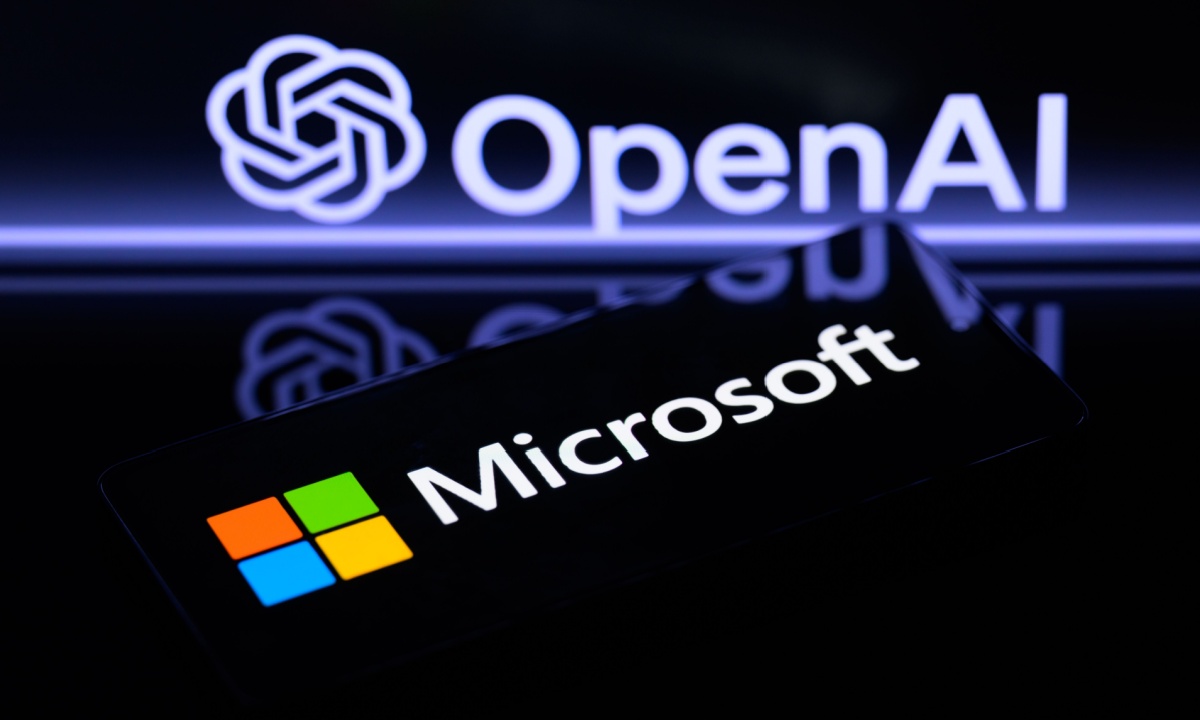
A series of copyright lawsuits filed by prominent authors and major news outlets against artificial intelligence developer OpenAI and its key investor Microsoft will now be heard in New York, following a decision by a U.S. judicial panel on Thursday.
According to Reuters, the U.S. Judicial Panel on Multidistrict Litigation ordered the consolidation of multiple legal actions—including those filed in California by figures such as writer Ta-Nehisi Coates and comedian Sarah Silverman—into the federal court in Manhattan. These suits will now proceed alongside existing cases in New York brought by other high-profile plaintiffs, including The New York Times and renowned authors like John Grisham, Jonathan Franzen, and George R.R. Martin.
The panel’s decision represents a key procedural development in a growing wave of litigation targeting tech companies that use large-scale data to train generative AI models. Per Reuters, plaintiffs argue that OpenAI and Microsoft used copyrighted material without authorization, violating intellectual property laws in the process.
OpenAI had pushed to have the lawsuits consolidated in Northern California, where the company is based. However, most plaintiffs opposed the move, citing significant differences in the individual cases. Despite these objections, the panel ruled that centralizing the cases in New York would “serve the convenience of the parties and witnesses and promote the just and efficient conduct of this litigation.”
Related: UK Watchdog Ends Probe into Microsoft-OpenAI Partnership
“We welcome this development and look forward to making it clear in court that our models are trained on publicly available data, grounded in fair use, and supportive of innovation,” an OpenAI spokesperson said in a statement.
Meanwhile, The New York Times attorney, Steven Lieberman of Rothwell Figg, reaffirmed the company’s stance, stating it looked forward to “continuing to prove in New York that Microsoft and OpenAI committed widespread theft” of its content. Microsoft declined to comment on the panel’s ruling.
As Reuters notes, the lawsuits are part of broader legal scrutiny facing companies like OpenAI, Microsoft, and Meta Platforms over the use of proprietary material in AI development. Courts are now grappling with whether such use falls under the “fair use” doctrine—a provision of U.S. copyright law that permits limited use of protected works without permission under certain conditions.
OpenAI previously argued that the lawsuits share a common foundation, specifically allegations that its large language models were trained on copyrighted works without consent. Plaintiffs, on the other hand, claimed their cases vary widely and should be evaluated independently.
The consolidated cases will now proceed under the supervision of U.S. District Judge Sidney Stein, who is expected to oversee pretrial matters and guide the complex litigation forward.
Source: Reuters
Featured News
FTC Reconsiders Boardroom Bans Tied to Exxon, Chevron Oil Mergers
Apr 13, 2025 by
CPI
Twelve Former Employees Back Musk in Court Fight Over OpenAI’s Structure
Apr 13, 2025 by
CPI
Meta Adds High-Profile Talent to Board as Washington Influence Grows
Apr 13, 2025 by
CPI
China Launches Antitrust Probe Into DuPont
Apr 13, 2025 by
CPI
Meta Faces Major Antitrust Trial as FTC Challenges Its Social Media Empire
Apr 13, 2025 by
CPI
Antitrust Mix by CPI
Antitrust Chronicle® – The Airline Industry
Apr 10, 2025 by
CPI
Boosting Competition in International Aviation
Apr 10, 2025 by
Jeffrey N. Shane
Reshaping Competition Policy for the U.S. Airline Industry
Apr 10, 2025 by
Diana L. Moss
Algorithmic Collusion in the Skies: The Role of AI in Shaping Airline Competition
Apr 10, 2025 by
Qi Ge, Myongjin Kim & Nicholas G. Ruppe
Competition in U.S. Airline Markets: Major Developments and Economic Insights
Apr 10, 2025 by
Germán Bet